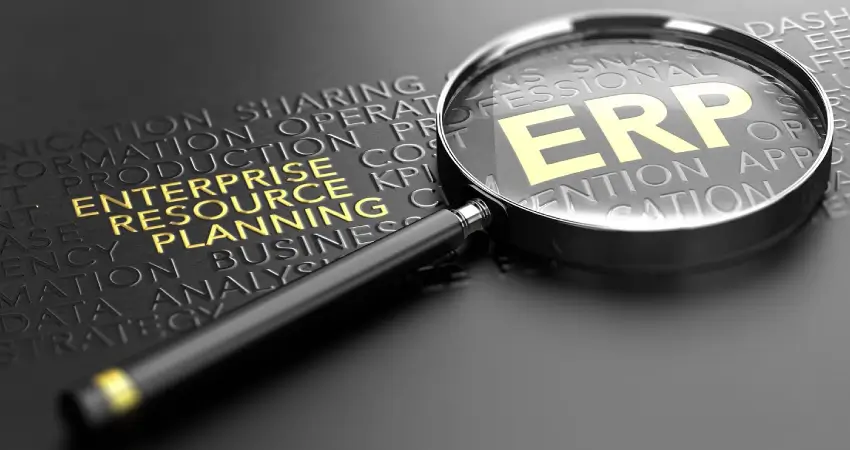ERP is being used in almost every industry, and the possibilities it offers are not about to diminish anytime soon. The adoption rate of ERP is expected to increase multifold in the coming years. Whether it is Pharma, manufacturing, logistics, automotive, trading, dairy, or any other business, you can count on this time-tested ERP to streamline your business operations.
In this blog post, we will illuminate the potential of this trust-based technology for diverse industry verticals.
Manufacturing Industry
With lockdown effective, in several parts of the world, the manufacturing industry is badly hit. Alongside the tightening of border controls, international trade, escalating costs of raw materials, shortage of labor are intensifying the complexity of this industry. Imagine the plight of manufacturers to tackle the documentation that accompanies machinery parts, their WMC and repair details, employee record and other vital details. ERP such as SAP Business One simplifies the life of manufacturers in a better way by automating routine tasks with time-tested ERP. SAP B1 also performs various functions like-
- Product Scheduling
- Timely Order Fulfilment
- Align Areas of Production
- Manage Formulations
- Track byproducts and coproducts, yield, waste-age, shelf life, expiry date, etc
- Backward, forward, batch and quality traceability enabling you to track the products
- Easily calculate profits and losses per product line
- Help in inventory management, physical counting, and replenishment
Construction Industry
The construction industry is being increasingly faced with the sheer complexities of managing change orders, billing and payment history, tracking and monitoring third party work, measuring quantity based on bills of materials and so much more. A competent and trusted ERP such as SAP B1 can automate various business processes of the construction industry such as-
- Reduce delays in communicating real-time changes to the supply chain
- Help in work schedule management, physical counting, and replenishment
- Helps in budget costing, project scheduling, and managing multiple sites dynamically
- Keep a track on your contract negotiation and invoice processing
- Eliminate instances of raw material understock and overstock situations
- Plan and forecast better and do a procurement analysis
- Forecasting and budgeting and get credit evaluation
- Easily calculate profits and losses project wise
Retail Industry
The retail industry is rapidly turning to the power of an ERP to automate their business processes. Some of the leading retail chain companies have embraced the technology to gain end-to-end transparency in their business and are acting smarter than before.
- Gain a clear picture of inventory levels
- Analyze product availability and drill down by category, day, store location conveniently.
- Streamline order fulfillment activities
- Track every action of purchase orders
- Track every item efficiently with serial number and batch tracking features
- Easily manage and execute day-to-day merchandising activities
- Take charge of your customer returns
- Manage and optimize the supply chain cycle by rendering complete visibility
Automotive Industry
The Automotive industry is a fast emerging industry in the world. Like all industries, the automotive industry is looking to reduce the product lifecycle, save costs and collaborate with suppliers and customers to deliver top-notch services to their customers. With increased demand in this field, the industry faces the following challenges which SAP Business One tends to address.
- Product Lifecycle Management
- Yield and Scrap Management
- Import and Export management with all necessary documents
- Tracking the quantity of goods accepted after the quality check is done
- Knowing the total direct cost, other repairs and factory maintenance
- Keeping a track of electricity expenses, factory rent, machine repair and insurance
- Calculating depreciation, net margin, cash profits
- Knowing exactly the stock locations item-wise and dispatch
Forward-thinking businesses have begun to stay on their path to transform their businesses. With SAP Business One and Uneecops (Asia’s #1 SAP Business One partner), it’s easy to lay the groundwork for success and long-term growth.







